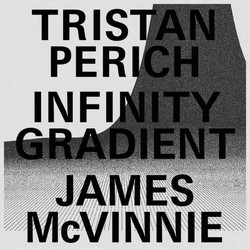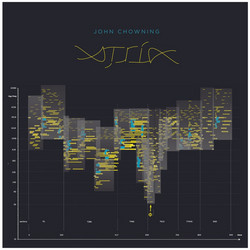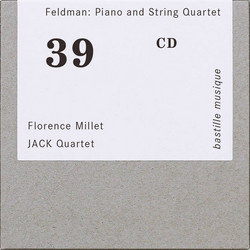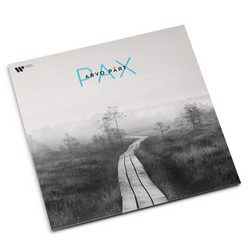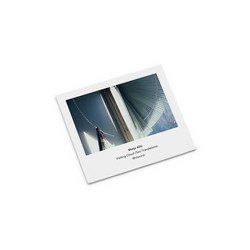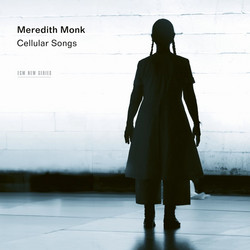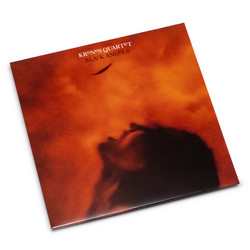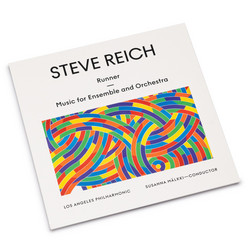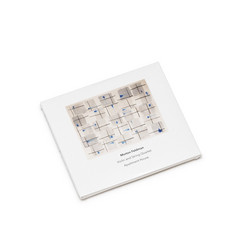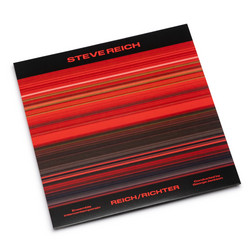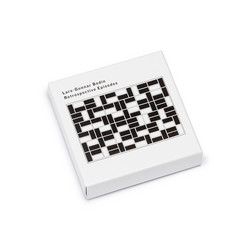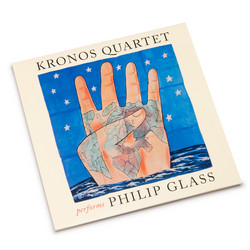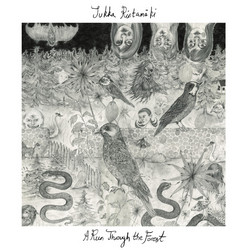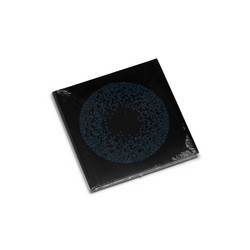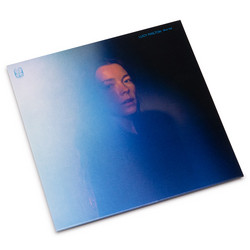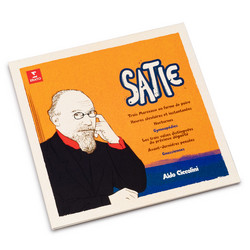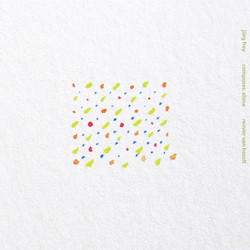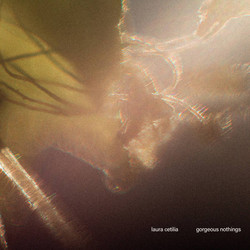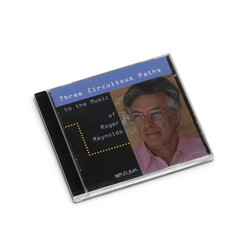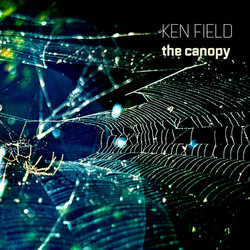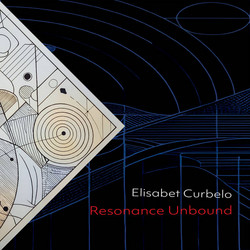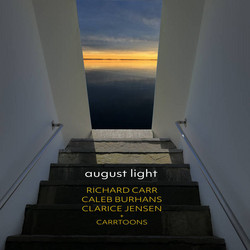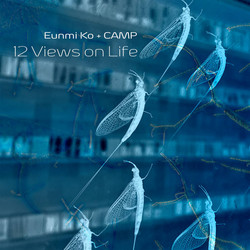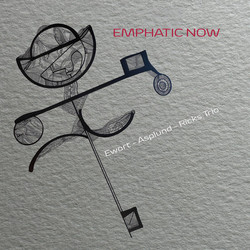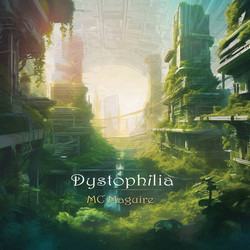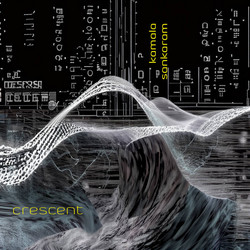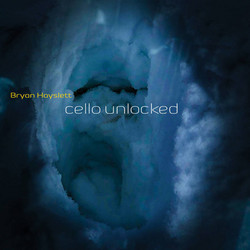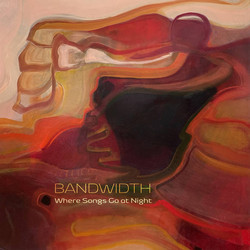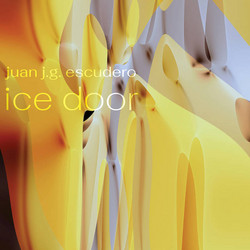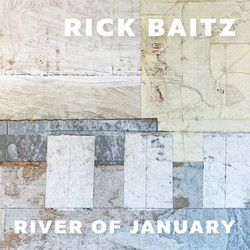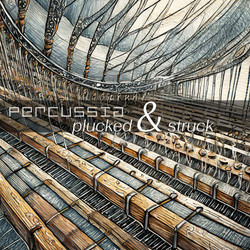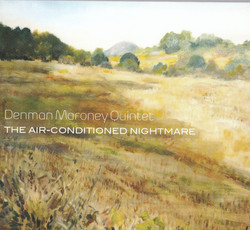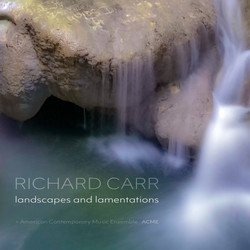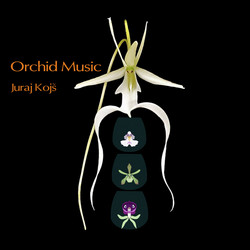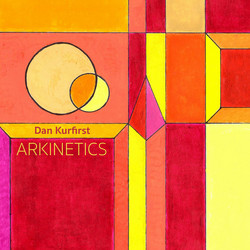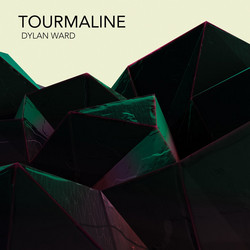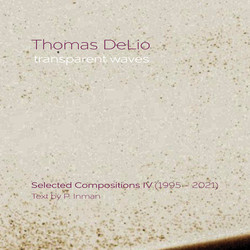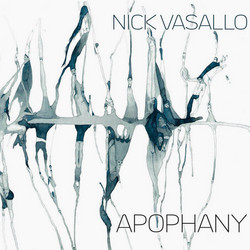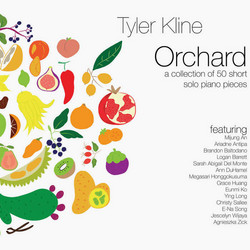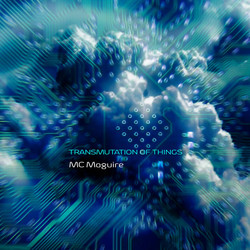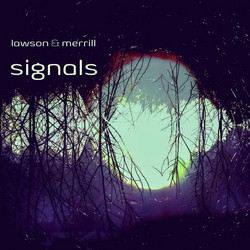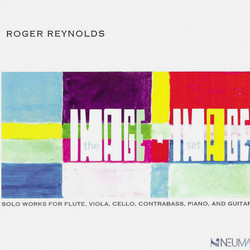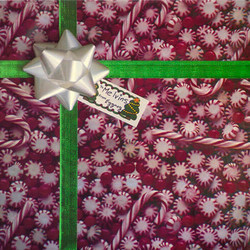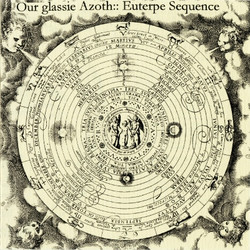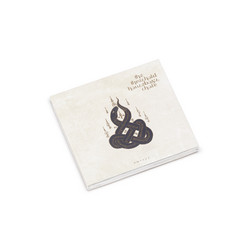How many sounds can a piano produce without using the keyboard? Some answers can be found in this recording, where the whole instrument is investigated using different techniques to reveal a world of unexpected richness, textures, and resonances.
But it’s not just that: it’s also a journey in what the concept of “piano” became in the imagination of three composers (and a pianist). Each, in fact, gave shape to an original sonorous universe, and the task of reconnecting the subtle threads between compositional idea and sound realization is entrusted, to varying degrees, to the performer.
Lucia Dlugoszewski’s Exacerbated Subtlety Concert (Why Does A Woman Love a Man?) (1997, rev. 2000) is a piece for “timbre piano”. (Here the transformation of the sonic identity of the instrument goes so far as to be certified by critics with a new name.) Dlugoszewski, one the great creative figures of last century, is severely underrecognized for her groundbreaking achievements. Since there was no score of the work available, pianist Toniutti realized the piece through extensive research on documents and recordings.
Tan Dun’s C-A-G-E, fingering for piano (1994) looks between traditional East and contemporary West. The piano becomes a “relative” of Chinese traditional instruments but also pays homage to one of the 20th century’s most revolutionary Western composers, John Cage, by using the Flemish compositional artifice of associating a pitch to every letter of his name.
In the case of Philip Corner, prominent American composer based in Italy, the piano is an open field were all ways of sound production are welcome, and the keyboard is one among many. The priority is the realization of the compositional idea of each piece, moving within the boundaries of a few written indications, “verbal instructions turning into poetry”, as the author says.
Three different sonorous and musical worlds, three different ways of reshaping the piano, but one common trait: the desire to wonder while listening, to reach “a hearing whose moment in time is always daybreak,” as Lucia Dlugoszewski once wrote.
Italian pianist Agnese Toniutti dedicates herself to the exploration and research on peculiar piano repertoire, sometimes little-known, often revolving around the concept of sound and its role in musical composition. Cage, Scelsi, Cardini are some of her favorites; incursions into the territory of improvisation, performance and extemporary composition, also encouraged by the study of art movements in the Seventies, are constantly increasing in time.
